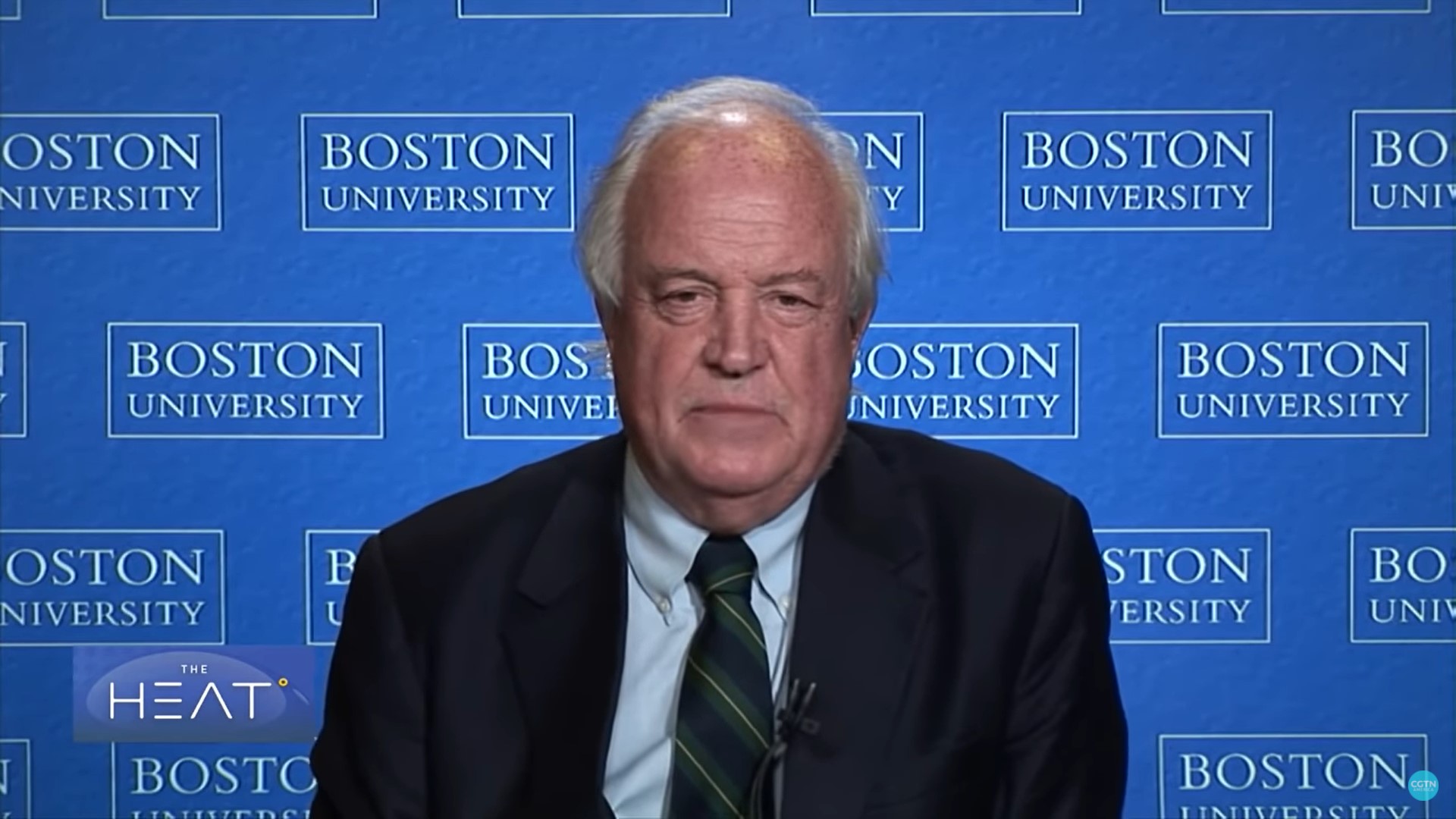Heine Interviewed on China’s Role in Latin America

In an interview with DNews, Research Professor at Boston University’s Frederick S. Pardee School of Global Studies and Interim Director of the Frederick S. Pardee Center for the Study of the Longer-Range Future, spoke about the visit of Taiwanese President Tsai Ing-wen to Central America and China’s growing role in Latin America as a whole.
Heine first contextualized the shift towards China and against Taiwan with the 2017 event of Panama reaching out to China to establish diplomatic relations and breaking off their relations with Taiwan. Throughout the past 6 years, other countries have followed suit to reap the clear economic gains of partnering with China. As an example, Heine spoke about Honduras, one of the most recent countries to establish relations with China, and how their government hopes to increase its trade with China after dissolving its relations with Taiwan.
Heine also explained that the relationships between Latin American countries and China are not just one-sided; they are a process of mutual interest between both countries. Each country involved wants greater trade and investment with the other and expanding diplomatic relations is a natural step in that process.
The full interview can be watched here.
Ambassador Jorge Heine is a Research Professor at the Pardee School of Global Studies at Boston University. He has served as ambassador of Chile to China (2014-2017), to India (2003-2007), and to South Africa (1994-1999), and as a Cabinet Minister in the Chilean Government. Read more about Ambassador Heine on his Pardee School faculty profile.